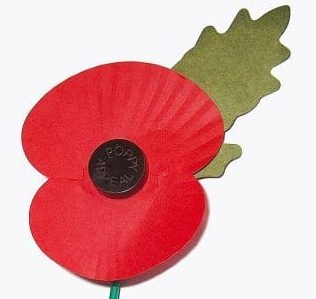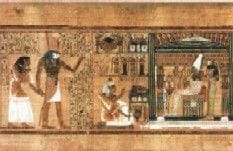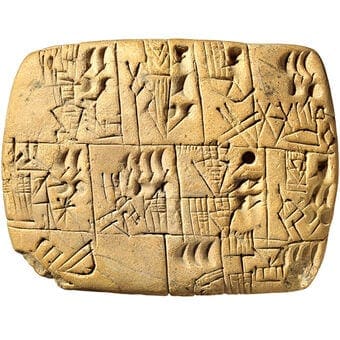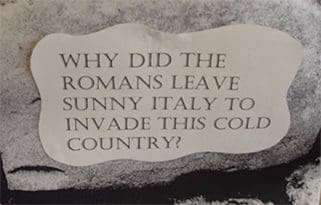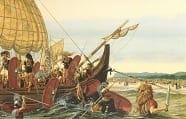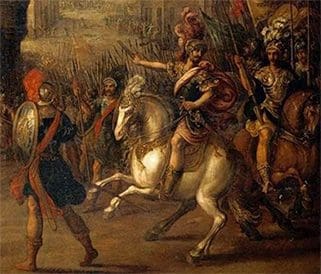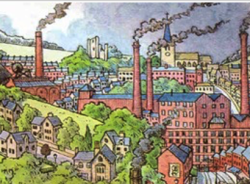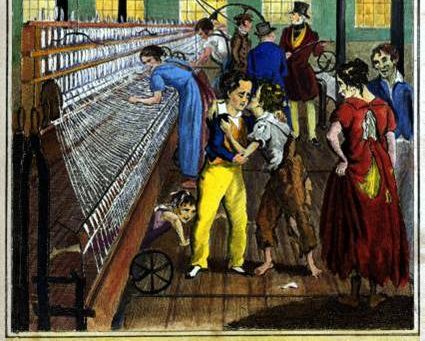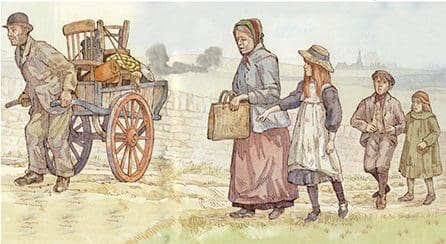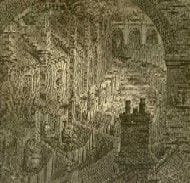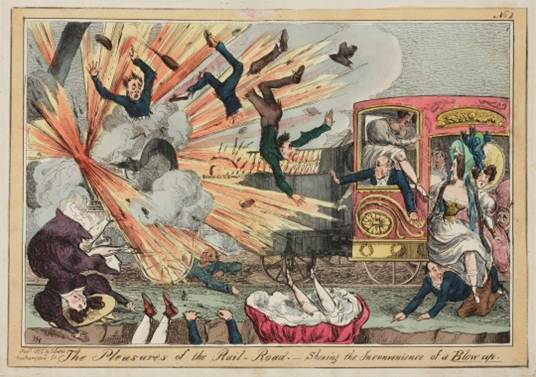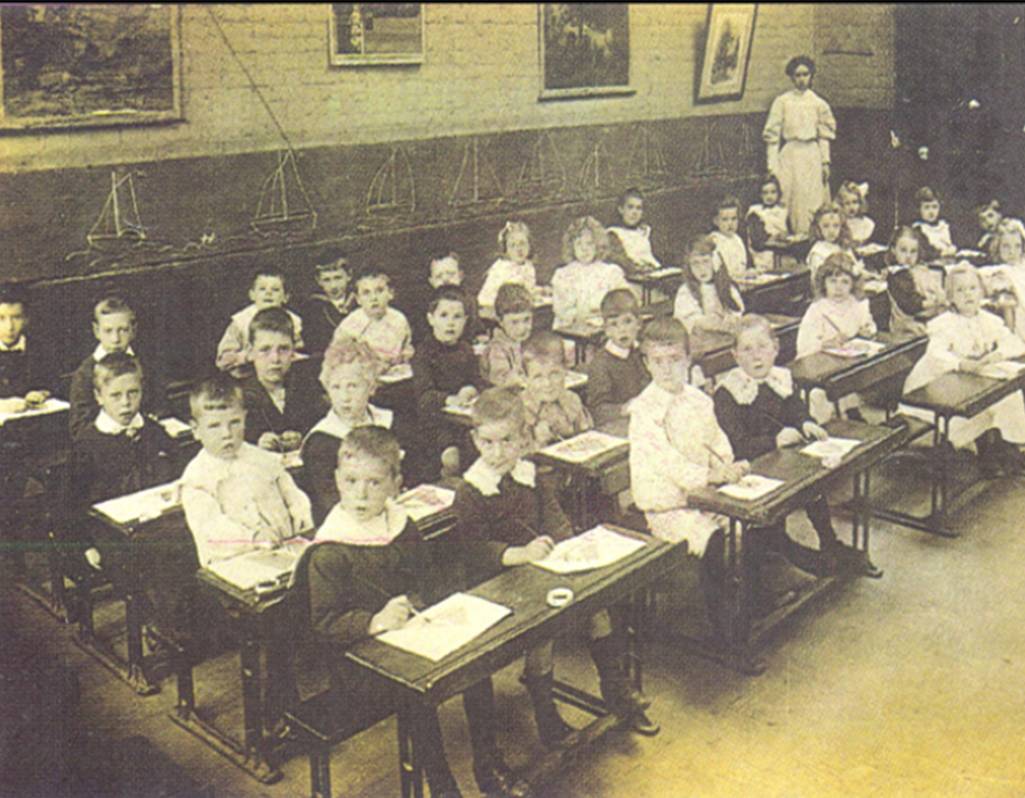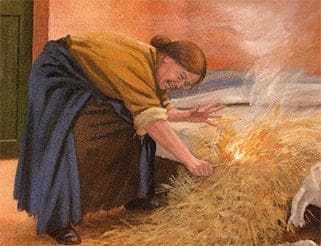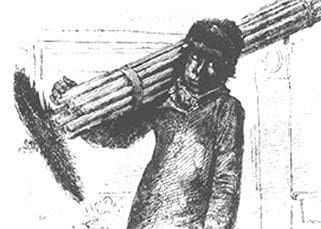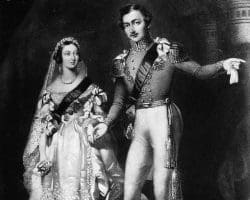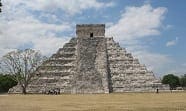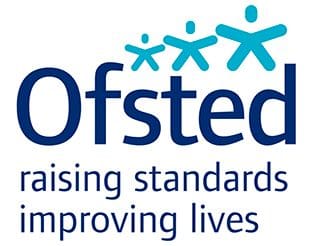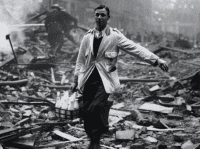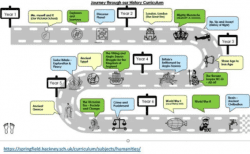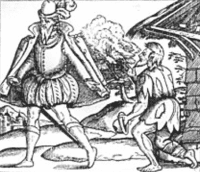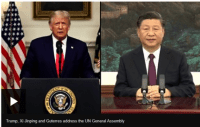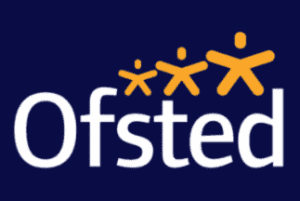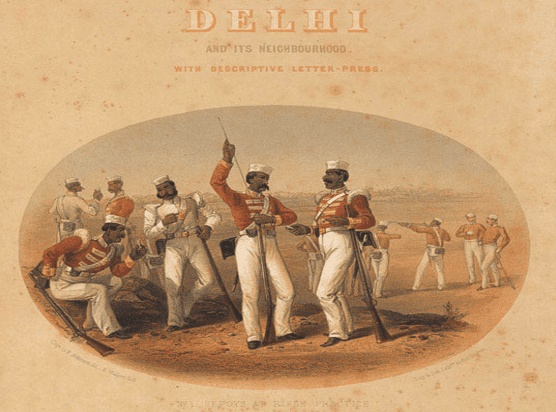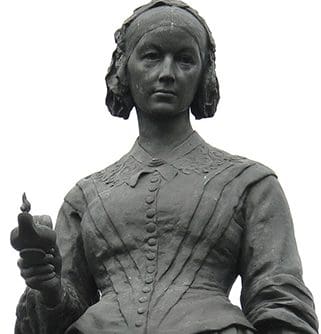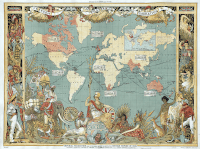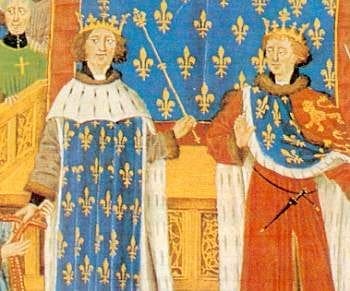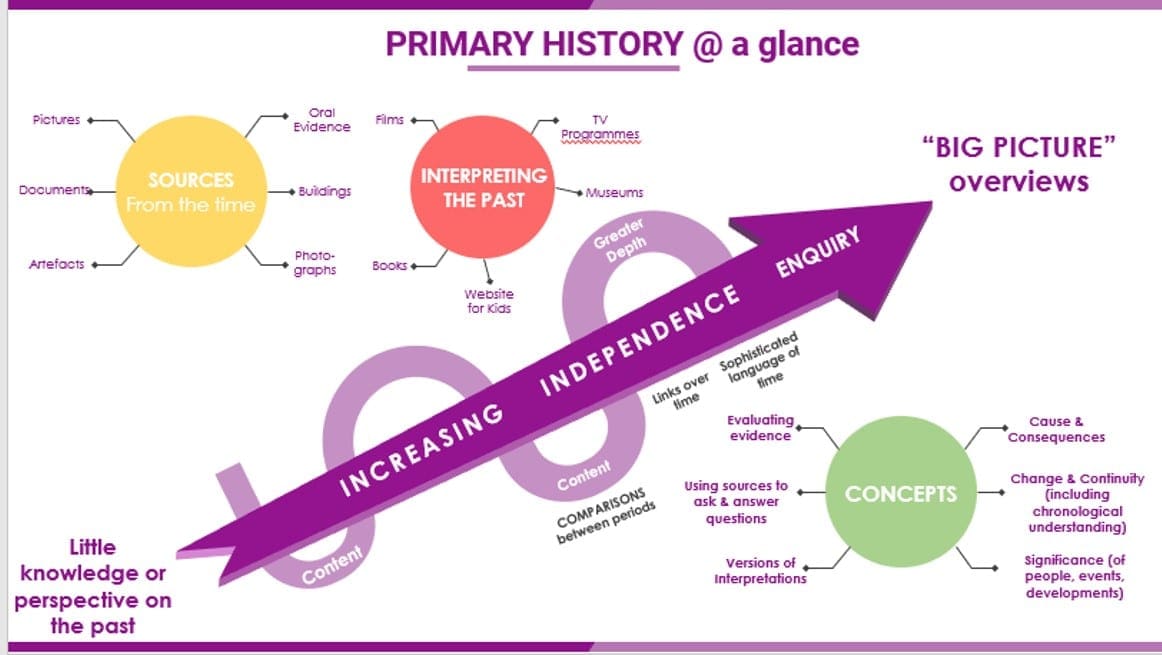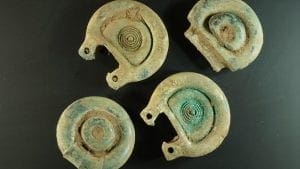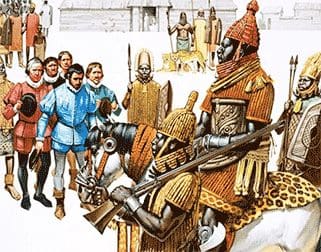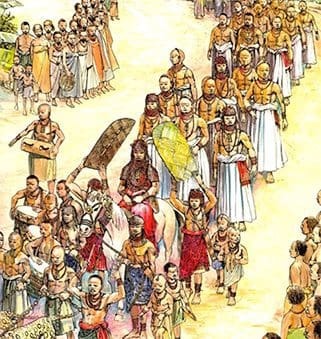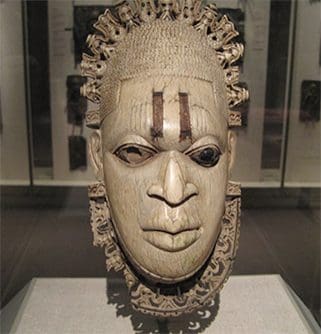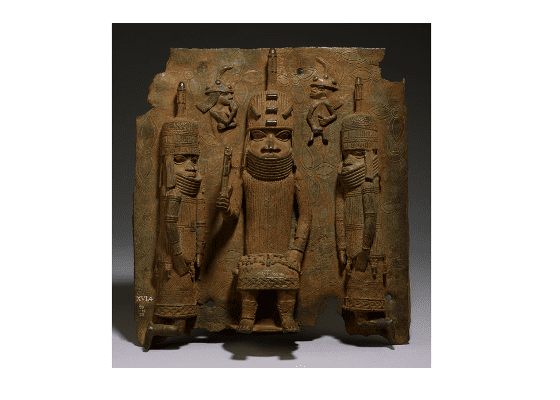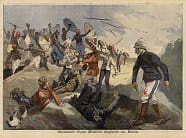Keystage history
Remembrance Day – When did we start wearing poppies and have we always done so?
More than a century ago, in 1921, paper poppies were first sold to raise money for returned soldiers of the…
Read MoreAncient Egypt – KQ5 Part 2 – After-life lesson KS2
Understanding the Book of the Dead: from page to stage Using simple drama techniques to make a very old document…
Read MoreAncient Egypt – KQ5 – After-life lesson additional information – Dealing with sensitive issues
This supports the teaching of KQ5. As you know, pupils get very excited by whole topic of mummification. Whilst we…
Read MoreAncient Egypt – KQ6 – What did Ancient Egypt have in common with other civilizations at the time?
The main activity here is called gallery. Pupils are shown images (printed from the KQ6 PowerPoint) which are displayed around…
Read MoreTen things your KS2 pupils should know about language and communication in the ancient world.
This article should inform your teaching of the Ancient Civilizations topic Imagine a world without writing-without any writing at all:…
Read MoreRoman Britain – KQ1 part 3 – The Roman invasion: have the books got it right?
This lesson follows on from the decision-making role play ‘Why did Claudius invade?’ Pupils are now asked to create a…
Read MoreRoman Britain – Supporting KQ1 – Julius Caesar and the invasions of Britain. Why did he come?
Julius Caesar and the invasions of Britain. Why did he come? Exploring human motivation. When Julius Caesar invaded in successive…
Read MoreRoman Britain – KQ2 part 1 – Should the Celts take on the Romans? A reconstruction relay.
The Roman Army This highly active, boy friendly activity has proved extremely popular in schools and has led to some…
Read MoreBeyond Face Value – KQ5 – Were the evacuees as happy as they were shown?
Two great tasks which together make up Key Question 5 of the Britain at War medium term plan, Why is…
Read MoreVictorian Britain – KQ1 – What were the main changes that took place during this time?
Motivating introductory lessons which , from the outset, challenges pupils to compare two images of the same place from the…
Read MoreVictorian Britain – KQ2 – Children working in Victorian factories: was it as bad as they tell us?
This lesson is designed for Y5/6 pupils who already have a little knowledge of industrial change but have not yet…
Read MoreVictorian Britain – KQ3 – If life was so hard for families in the towns why did so many leave the countryside and move to the towns in Victorian times? – a history mystery
Starting a lesson with an apparent contradiction is a good way of engaging pupils interest. This ‘history mystery’ makes excellent…
Read MoreVictorian Britain – KQ3a – What the Dickens was life like in the Victorian cities?
This lesson makes extremely good use of a technique called creative tension. Pupils listen, with their eyes closed, to a…
Read MoreVictorian Britain – KQ4 – Victorian railways: winners and losers. A thinking skills activity leading to a role play
This active thinking skills lesson asks pupils to consider the likely effect of the coming of the railways on different…
Read MoreVictorian Britian – KQ5a – Going to school in Victorian times: can pupils write a paragraph for a KS1 textbook using photographs alone? SMART TASK Y3-5
This activity puts pupils in the role as researchers for a new book on Victorian schools. They have been commissioned…
Read MoreVictorian Britain – KQ5b – Victorian poor and the workhouse; what does Martha’s story tell us?
NB This is an additional lesson that does not appear on the planner. This topic couldn’t be more relevant to…
Read MoreVictorian Britain – KQ5c – Climbing boys enquiry – SMART TASK
This enquiry falls into five parts: A selection of four related enquiry tasks which encourage pupils to explore and then…
Read MoreVictorian Britain – KQ6 – The Victorian Era: Dark Age or Golden Age?
This is the concluding lesson on the Victorians. It starts with a plate and a poster commemorating the achievements of…
Read MoreWhat can you do at KS3 to make your history curriculum more representative?
In a recent article for the Historical Association ( HA news- Autumn 2020) Jake Subryan Richards offers his advice: ”…
Read More12 things you need to know about the Mayan civilization before you teach it at KS2
1. The Mayan settlements were among the largest anywhere in the world in year 1000 In the year 1000 settlements…
Read MoreFull sample recent primary history report January 2020
Pupils in your school thoroughly enjoy learning history. They like the enquiry-based approach you take to learning in the history…
Read MoreBeyond Face Value – KQ6 – The Blitz. What was photographer Fred’s clever way of beating the censors?
In this fascinating lesson pupils learn how photographers avoided the censors they saw in KQ5 and how the government used…
Read MorePlotting your pupils journey in history learning across the school
Just came across this visual depiction of the history curriculum at Springfield School in Hackney and thought I’d bring it…
Read MoreTerror of the Tramp: Why did vagrancy become such an important issue in Elizabethan England?
GCSE lesson in which students work through a range of differentiated clues to work out 8 reasons which help answer…
Read MoreHow close to World War Three has the world come since 1945. A Year 9 enquiry.
Just as the United Nations is marking its 75th anniversary, so the world peace it was set up to maintain…
Read MoreOFSTED’s view of deep dives in history
Recently Matthew Purves , the Deputy Director for Schools, set out OFSTED’s latest thinking on deep dives in primary schools….
Read MoreReport on leadership of primary history 2020
One of the key features underpinning the high quality of history learning was that history has a high status throughout the school, recognised…
Read MoreAnalysis of OFSTED reports November 2019- February 2020, with my commentary
Analysis of OFSTED reports November 2019-February 2020, with my commentary By trawling through the most recent pre-Covid reports from November…
Read MoreMeeting OFSTED’s criteria for a good history curriculum at KS1 and 2 during extended transition period
Now that schools have an extra year’s grace from OFSTED to refine their curriculum that is being worked on, it…
Read MoreDeep dive issues: progression and assessment in primary history
One of the features of deep dive subject inspections is that the two hardest areas of a primary history leader’s…
Read MoreOFSTED’s early EIF (2019) primary history deep dives
What do the first 3 months’ of reports tell us? Although there is even less detail in the new shorter…
Read MoreWhat do deep dive OFSTED inspections look like for history?
What does a new deep dive 2019 inspection look like for history? Basically, there are 6 areas that the history…
Read MoreIntent, Implementation, Impact to be more representative of the BAME in secondary history
Intent What do you want your students in your school to know by the end of KS3? Why is this…
Read MoreWhat does INTENT actually mean for primary history in the new OFSTED Framework for 2019? Building blocks and the Big Picture
What does INTENT actually mean for primary history in the new OFSTED Framework for 2019? Building blocks and the Big…
Read More10 things history leaders need to know about the OFSTED 2019 Framework
10 things you need to know about leading history and the 2019 OFSTED framework You will have to show that you are…
Read MoreIndian Mutiny/rebellion of 1857
This lesson is aimed at Y9/GCSE students. It addresses three principal aspects of history teaching: How to be thoughtful and…
Read MoreSmart task Florence Nightingale and Mary Seacole: Who said it? / Who am I?
This simple task encourages children to spot the differences between Florence Nightingale and Mary Seacole. With a large A4 image…
Read MoreBritish Empire – How can we infer so much about the empire from a study of just one map and the person who created it?
This session starts by looking at the information to be gleaned from a well-known 1886 map of the empire and …
Read MoreRichard I: Lionheart or loser should we keep his statue – SMART TASK
This short task puts pupils in the role of spin doctors who have to ‘big up’ the reputation of Richard…
Read MoreChanges for the 2021 GCSE History examination announced by AQA today
AQA GCSE History (8145) Students entering for GCSE History exams next summer will have a choice of studies with one…
Read MoreMedium Term Planner for Thematic unit Beyond Face Value Year 6
This end-of-key stage unit fulfils the post-1066 thematic requirement of the National Curriculum, but it does so in a particularly…
Read MoreWhat does good leadership of history look like at KS 1 and 2 according to recent OFSTED deep dive reports
My analysis of all the recent ‘pre-Covid19 ‘ reports reveals the following comments about primary history leadership, both positive and…
Read MorePost-1066 thematic unit for KS2; Beyond Face Value is now complete- full planner ready . Lessons launched soon
Those of you who have patiently waited for us to clear the copyright for the post-1066 thematic unit linking the…
Read MoreWhat is primary history? Have a look at this ‘at a glance’ diagram which encapsulates the essence of the subject
The accompanying diagram attempts to display all the main elements of developing your pupils’ historical understanding, in one place. You’ll…
Read MoreSpectacular Bronze Age finds
Article: BBC Detectorist ‘shaking with happiness’ after Bronze Age find Among the items found this week in Peebles in Scotland…
Read MoreBenin – KQ1 – Why do YOU think we should study Benin in KS2 history? SMART TASK
After setting Benin in its context of place and time, pupils tour a gallery of images which give them hints…
Read MoreBenin – KQ2 – What sort of place was Benin 500 to 1,000 years ago? SMART TASK
Here pupils are introduced to the idea of a society from a distant time about which very little evidence remains….
Read MoreBenin – KQ3 – What can we tell about Benin society at this time from the images and artefacts that have survived?
Using evidence to study Benin This lesson revolves round four principal activities: Fastest Finger First; Mining for meaning, using an…
Read MoreBenin – KQ4 – What changes took place when the European settlers started trading? Case study of one of the Benin bronzes
The first part of this session revolves around the encounter between indigenous Benin people and the European traders. It then…
Read MoreBenin – KQ5 – Why did the Victorians get involved in Benin and what were the effects on the Benin people? SMART TASK
Following an intriguing slow reveal of an interesting Victorian photograph showing the capture of the Oda’s palace in Benin, pupils…
Read More
